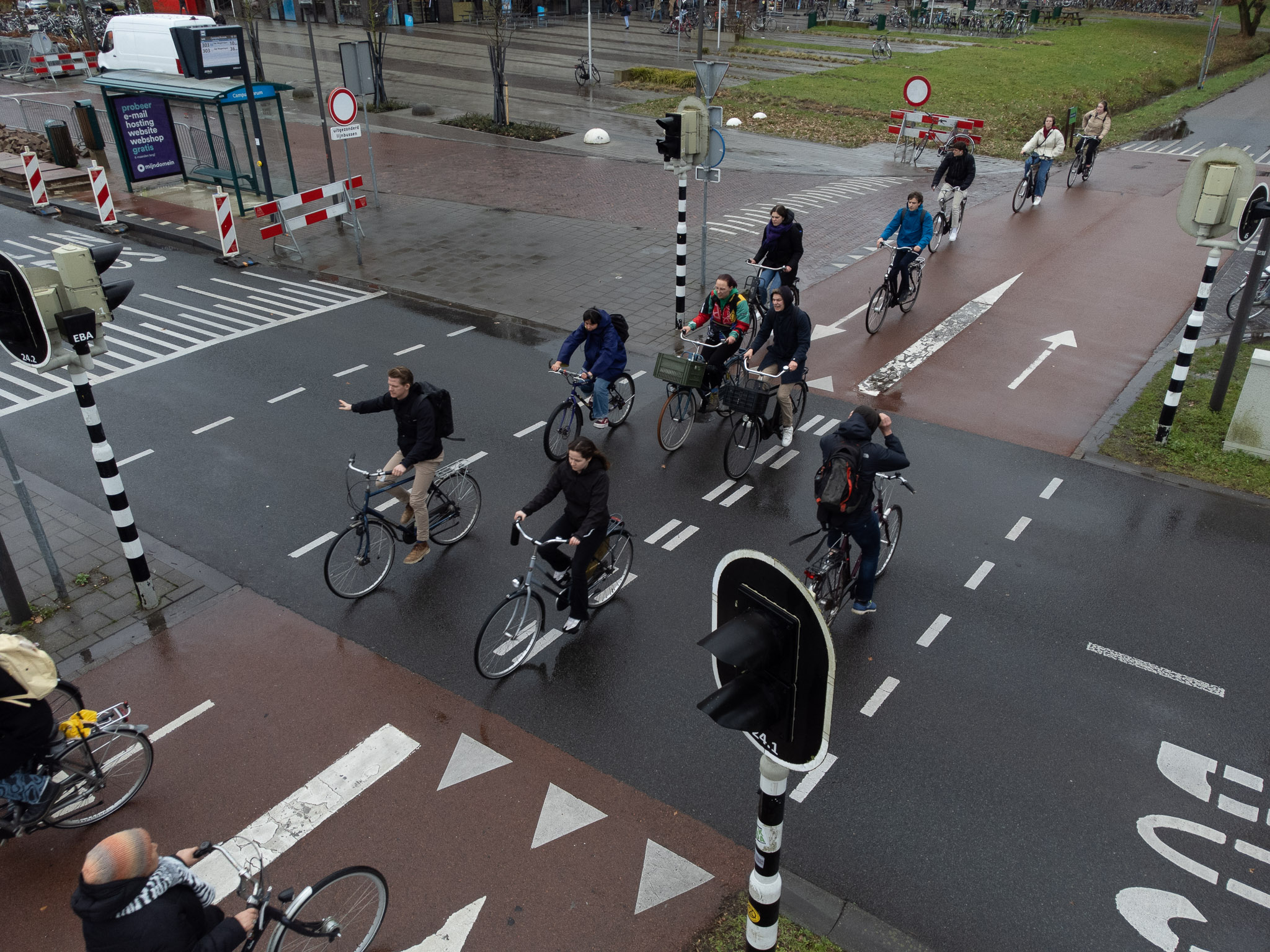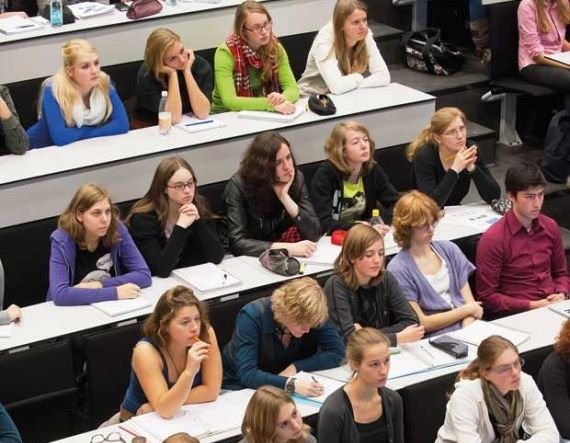The number of preliminary registrations of new students at WUR is down by almost 10 per cent compared with last year. The final numbers are not yet known, but it is clear that far fewer students have chosen to come to Wageningen. The number of AID participants — another good indicator — was 16 per cent less than in 2024.
The decrease in preliminary registrations differs depending on the degree programme. Some, such as Biology and Marine Sciences, have seen numbers unchanged or even slightly higher. But the intake for other BSc degrees has fallen by a third or almost half. Economics & Policy and Plant Sciences have experienced the biggest percentage declines compared to the previous academic year, of between 40 and 45 per cent.
The university’s own forecasts had assumed a slight drop in the intake because of demographic developments (fewer school leavers) and because other universities are increasingly offering degrees in the traditional Wageningen domains. But the Dean of Education, Dick de Ridder, says the decline is more than expected. ‘Fewer students also means less government funding,’ he says. ‘Coming on top of the cutbacks we already had to make, this could be a real challenge for the chair groups.’
Turning the tide
Nearly all the Dutch universities are expecting a drop in the intake, but that decrease seems to be more extreme in Wageningen than elsewhere. Eindhoven University of Technology has seen a similar decline in Dutch students but appears so far to be attracting more international students.
De Ridder says WUR is working hard to turn the tide. He points for example to the portfolio analysis carried out last year, with a critical evaluation of the degrees on offer. ‘We are also investing more energy in student recruitment. Perhaps we waited too long for this, but we have set everything in motion now.’
Indication
Preliminary registrations are not the same as the final numbers but they give a good indication of the trend. If a student registers with more than one university in the Netherlands, their registration is given a lower weighting: someone who registers for two degree programmes counts as half a registration, someone who registers for three degrees counts as a third and so on. The preliminary registrations of international students, who might also have applied to universities in other countries, are a less reliable indicator. The final intake numbers are expected to be published in October.

 New students on campus during the AID. Photo Resource
New students on campus during the AID. Photo Resource 

